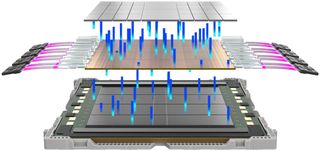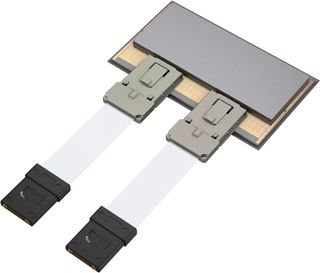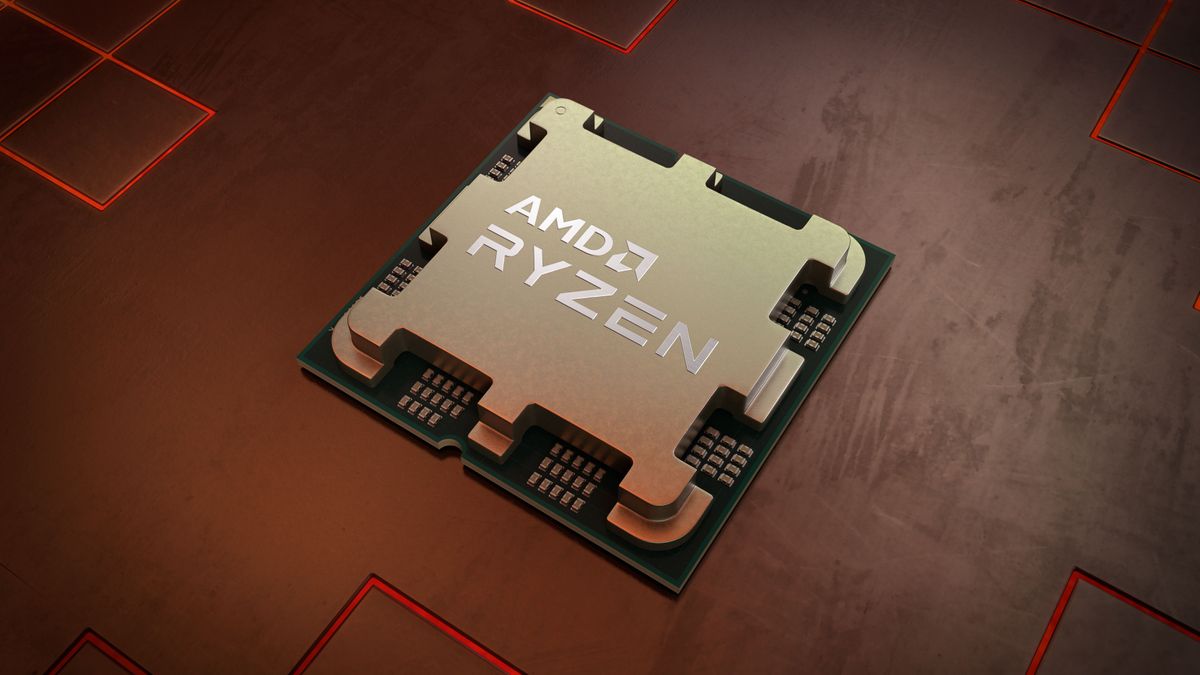The challenges facing multi-chiplet processors are the performance and power consumption of inter-chiplet interconnects, which may eventually limit their performance. Lightmatter, a startup that has worked on various optical interconnects for several years now, this week introduced a possible solution: its Photonic M1000 high-performance photonic interconnect platform that promises to enable large multi-chiplet processors with optical interconnects supporting bandwidth of up to 114 Tbps (14.25 TB/s).

Lightmatter's Passage M1000 is a multi-reticle eight-tile active 3D interposer enabling die complexes of 4,000 mm^2, which by far exceeds the sizes of today's multi-chiplet solutions. The device includes eight connected chip sections in one package and integrates 1,024 serial data channels. Each of these supports 56 Gbps transmission using a straightforward modulation method. For external connections, the M1000 incorporates 256 fiber-optic lines with eight wavelengths per signal line, each offering 448 Gbps.
The Passage M1000 comes in a 7,735 mm^2 package that can deliver up to 1,500W of power to its chiplets, which is more or less in line with expectations for next-generation AI processors.
In addition to the Passage M1000 — which can serve as base for ultra-high-performance multi-chiplet AI processors — Lightmatter also unveiled its Passage L200.

The Passage L200 is a 3D optical chiplet that replaces traditional copper interconnects with ultra-high-speed photonic links. It offers 32 Tbps (L200) and 64 Tbps (L200X) of total bandwidth, supporting over 200 Tbps per chip package when integrated. Unlike conventional designs limited to edge I/O, L200 enables edgeless connectivity, enabling data channels to be placed anywhere on the die surface for better performance.
The L200 users chiplet IP from Alphawave with a UCIe die-to-die interface and Lightmatter's photonic circuits that support supports 320 multi-protocol SerDes, 16-wavelength WDM per fiber for up to 1.6 Tbps per fiber.
"Passage M1000 is a breakthrough achievement in photonics and semiconductor packaging for AI infrastructure," said Nick Harris, founder and CEO of Lightmatter. "We are delivering a cutting-edge photonics roadmap years ahead of industry projections. Shoreline is no longer a limitation for I/O. This is all made possible by our close co-engineering with leading foundry and assembly partners and our supply chain ecosystem."
Being a fabless chip designer, Lightmatter orders silicon from GlobalFoundries (which used its Fotonix silicon photonics platform that integrating photonics with CMOS logic) and then packaging services from Amkor and ASE. The M1000 will be available in summer 2025, whereas L200 will be available in 2026.

 7 months ago
97
7 months ago
97







 English (US) ·
English (US) ·